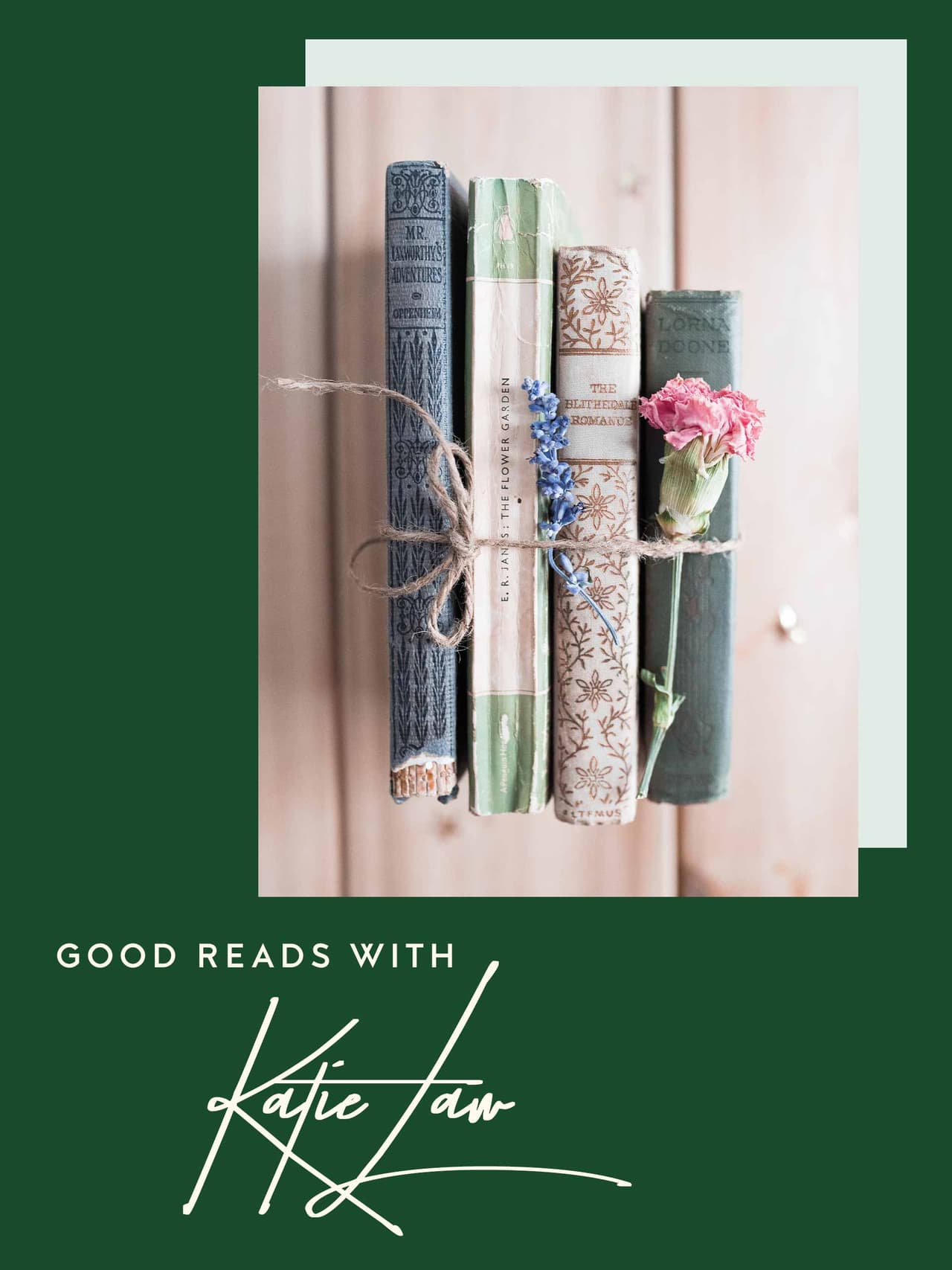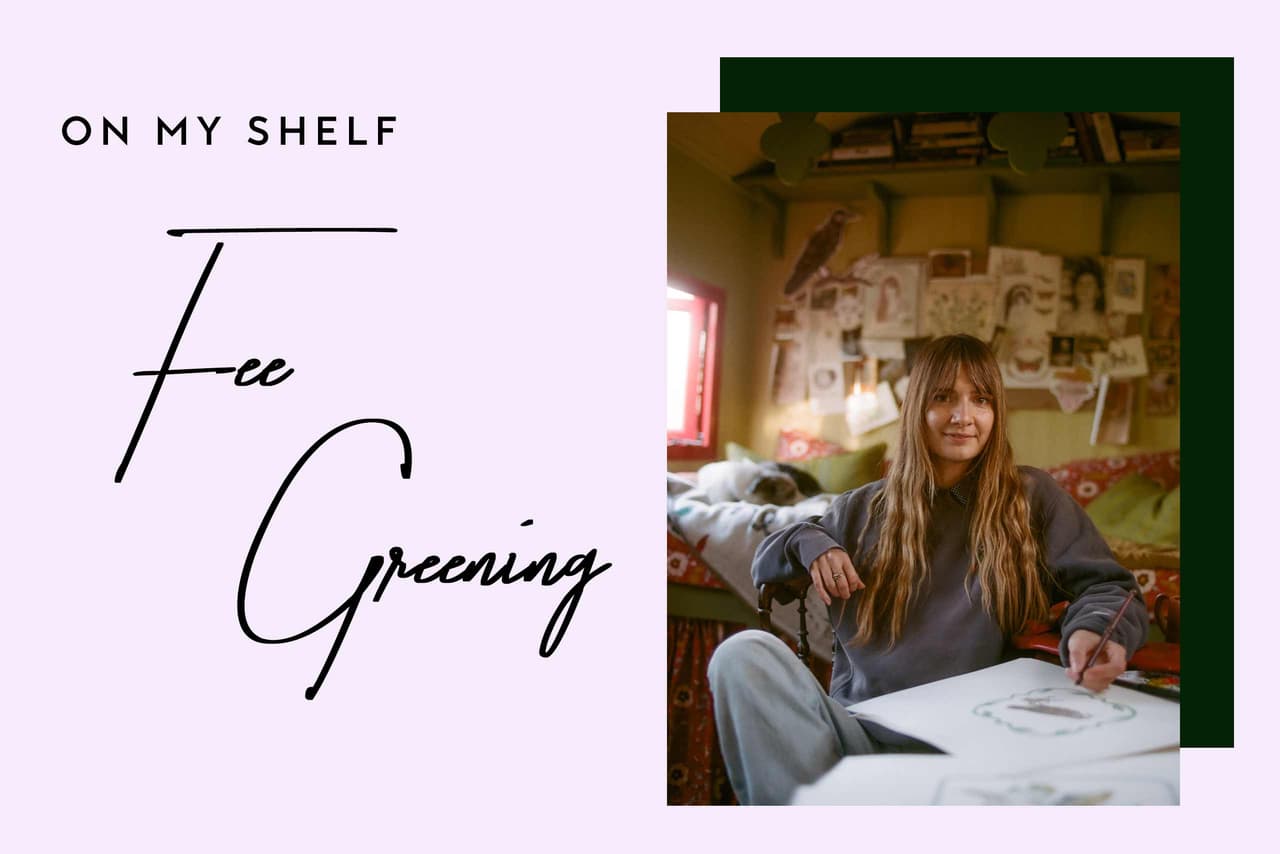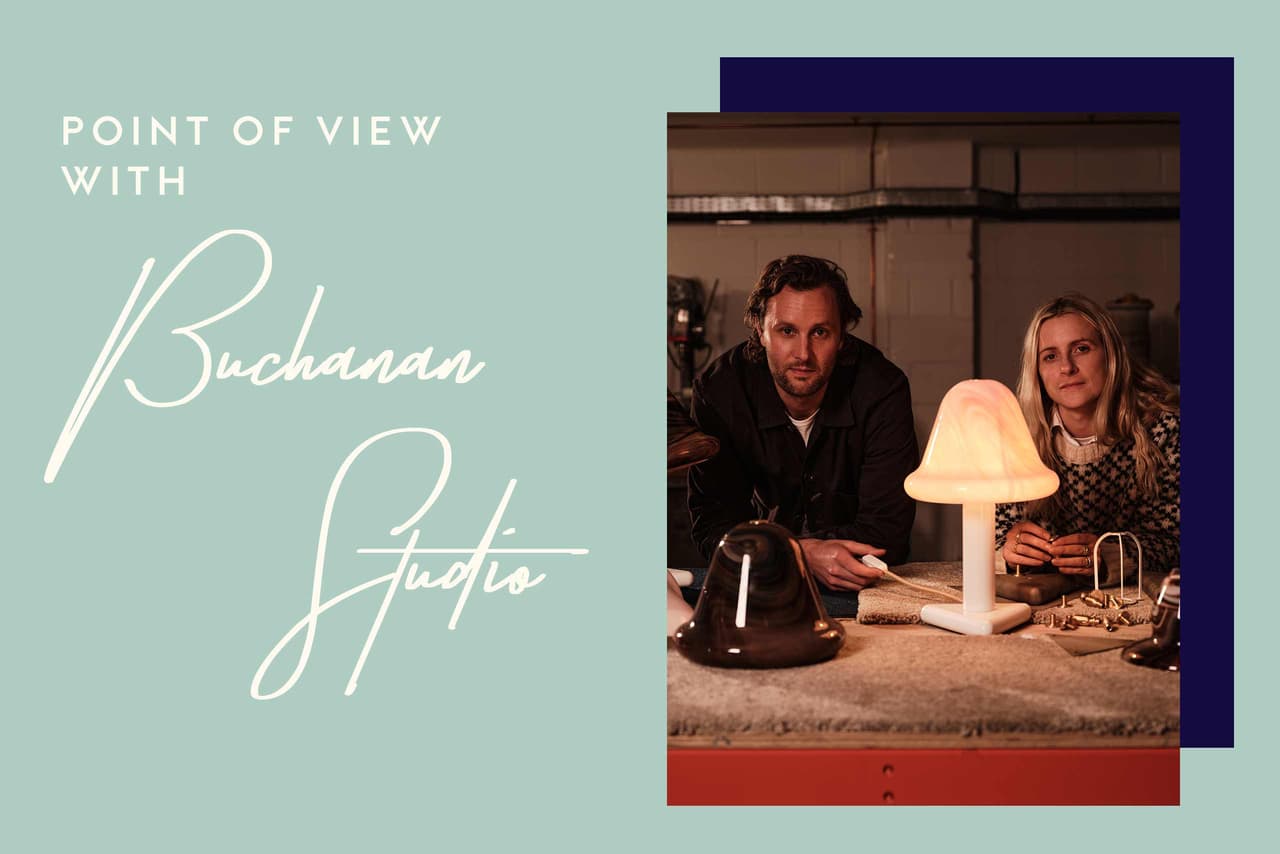Life & Style
Story Time
This year, World Book Day celebrates its 25th anniversary, and while we won’t be dressing up as our favourite literary characters, we’re celebrating with a tick list of unputdownable spring reads, curated by Katie Law, Collagerie’s brilliant bibliophile.

And A Dog called Fig: Solitude, Connection, the Writing Life by Helen Humphreys
It was the cover that made me pick this up: a painting of a beautiful brown dog with deep, soulful eyes. Prize-winning writer Humphreys has lived with dogs all her life and, at the start of this little gem of a memoir, has just acquired a seven-week-old Vizsla puppy she names Fig. Writing in diary form, she describes the daily toils of training and caring for the excitable young Fig, while reflecting on her life as a writer and the mostly positive impact canines have on the creative process. Not just on hers, but on writers like Virginia Woolf, James Thurber and Agatha Christie too. I’m not even a ‘dog person’, but this is a treat.
The Modern Gardener by Sonya Patel Ellis
You may fancy yourself as green fingered, but how often have you invested in a plant, only for it to wither and die almost instantly? Botanical boffin Patel Ellis, who is founder of The Herbarium Project, aims to matchmake person to plant in this fabulous encyclopaedia, which covers everything from budget and size to pet-friendliness. And if you’re daunted at the thought of digging outdoors, she offers inspiring ideas for gardens, such as creating a cutting patch and a sensory garden, and planting for produce – including what to put into cocktails – while her plant selector section features over 100 varieties, with names, pictures, tips and hints, including what to and what not to pot.
Outside, The Sky is Blue: A Family Memoir by Christina Patterson
For all that she didn’t have – a partner, children, an enviable home or family life – for years journalist Christina Patterson did have her beloved job. But then that went too, as she recounted in her more bitter than sweet 2018 memoir, ‘The Art of Not Falling Apart’. Now she’s back with an even more personal account, this time of family loss. Both her siblings died – her sister, who had been diagnosed schizophrenic, and then her brother, suddenly, of a heart attack. Her parents died. Then came cripplingly painful lupus and a diagnosis of breast cancer. Far from being a misery memoir, however, this is a truly uplifting read. Maybe it’s the ending, when she finds Mr Right and marries him.
Worn: A People’s History of Clothing by Sofi Thanhauser
A self-confessed vintage-clothing addict, Thanhauser became so intrigued by care labels on garments, she decided to write a book – part riveting investigation, part heartfelt manifesto – about the origins of what we wear. Divided into five chapters (linen, cotton, silk, synthetics and wool), she does a deep delve into the past, unearthing such nuggets as how spinsters got their name (unmarried women who earned their living ‘spinning’ cloth), the story of Isaac Singer, his sewing machines and scandalous private life, and why the Nazis tried to make rayon out of straw. She is eloquent but never preachy about the evils of fast fashion too, including the forced cotton labour camps of the Uyghurs.
Home Cooked: Recipes from the Farm by Kate Humble
“I’m Not a Cook” declares Kate Humble, endearingly, in her introduction. The TV presenter says she doesn’t like olives or butter beans and she isn’t into elaborate puds. So far so good. Scromlette made with eggs, feta, spinach and tomatoes sounds scrumptious, as does a yellow split-pea soup with ham and ham stock. Using hawthorn leaves instead of parsley is intriguing, as is gorse-flower-infused rum and rhubarb and ginger jelly. There are chutneys, oatcakes, breads and a tempting blackberry-and-apple meringue (instead of crumble), which was her favourite childhood pudding. And then a bacon and marmalade sandwich. I want to try them all. The photography, by Andrew Montgomery, is mouthwatering.
Booth by Karen Joy Fowler
If you’re looking for a really epic historical saga to get stuck into, this is one for you. A superbly nuanced blend of fact and fiction, the story follows the lives of the infamous Booth family, several of whom became Shakespearean stage actors, including John Wilkes Booth, a fanatical anti-abolitionist who assassinated Abraham Lincoln in 1865, before being killed himself. Fowler, whose previous novels include ‘The Jane Austen Book Club’ and ‘We Are All Completely Beside Ourselves’, spent years researching the Booths’ lives; archival material is dense. So while the subject itself is not new, she has managed to give her protagonists their own powerful voices and evokes the intimate details of life in 19th-century rural Baltimore beautifully.
Everyday Play: A Campaign Against Boredom edited by Julian Rothenstein
Who doesn’t dream of another life? If you’re bored by the humdrum nature of your existence, this quirky volume offers lots of entertainment. Live like Philip Larkin, who loved the sameness of every single day, or Mark Wahlberg, who rises at 2.30am, prays, works out and drinks AQUAhydrate. Or an elephant, which spends 12-18 hours a day eating. The chapter on games suggests friends write secrets about themselves on pieces of paper, put them in a hat, and guess whose secret is whose; elsewhere it reveals how to write your memoir in six words. Lovely pictures too: Gertrude Stein sitting beneath Picasso’s portrait of her; how to become Karl Lagerfeld in six easy steps (clue: you need a cat and gloves). Divertingly bonkers.
Five Tuesdays in Winter by Lily King
Happiness, loneliness, love and heartache come together in these ten cleverly crafted short stories. An adolescent boy forms an unlikely friendship with two students who come to house sit when his parents go abroad. A recently widowed mother grapples with the emotional fallout of her husband’s death on their young daughter. A teenage girl goes to work for a wealthy family and becomes infatuated with the entitled son of her employer. An elderly man visits his comatose granddaughter in hospital and holds vials containing different scents under her nose to jog her memory, finding himself transported back in time as he smells lemons, then chillies, then cologne. Lily King evokes the tiniest details in her subjects’ lives with flair.
The Swimmers by Julie Otsuka
In this tale of two halves, we first meet the narrator’s mother, Alice, swimming at her local subterranean pool along with a host of other regulars who enjoy the rituals and kinship it provides. One day, a mysterious crack appears in the bottom of the pool; some people panic, others like Alice barely notice. But another crack has appeared – in Alice’s memory – and her husband and daughter must face the consequences of her decline. Otsuka, whose own mother had dementia, describes this as her most personal novel yet, and it shows. Poignant and funny, I’ve never read such a brilliant account of this devastating illness, nor for that matter of the compulsive nature of swimming lengths in a pool.
Bauhaus: A Graphic Novel by Valentina Grande, illustrations by Sergio Marbella
How to tell the story of the Bauhaus movement in a graphic novel? Easy, you make the Bauhaus the main character, narrating its own story from its 1919 beginnings in Weimar to present-day Berlin via Dessau, in crisp, strip-cartoon format. There are walk-on parts from key players like Walter Gropius, cleverly brought to life with little vignettes: “He who designed buildings where transparency was the guiding principle, in his personal life was deceptive like a 19th-century facade full of stucco,” we are told about Gropius’s muddled relationships with wife and mistress. Simple and functional as the movement itself, the book is gorgeous-looking too, thanks to Sergio Marbella’s stylish drawings.
You’re Not Broken: Break Free From Trauma and Claim Your Life by Dr Sarah Woodhouse / Everyday Trauma by Dr Tracey Shors
Two psychologists tackle head-on one of the biggest mental health issues du jour: trauma. Do you startle easily, have difficulty sleeping, find it hard to concentrate, suffer mood swings, blot out the blues with booze, or get easily stressed? These are just a few of the symptoms that suggest you have past trauma, says Woodhouse, who sets out what it is, how to recognise it and how facing your painful past is the key to moving beyond it. Shors is more female-focused, suggesting why women are more likely to ruminate on memories than men, and offers her own three-step method to recovery using a combination of mental and physical exercises to help rewire mind and body.
The School for Good Mothers by Jessamine Chan
With its themes of dystopian authoritarianism and perfect parenting, it’s no surprise that this high concept debut novel is already being compared to ‘The Handmaid’s Tale’, and is to be adapted for TV by Jessica Chastain. One day, exhausted single mother Frida goes out to get a coffee, leaving toddler Harriet home alone. Frida remembers she must collect a file from her office and loses track of time. A neighbour calls the cops. Frida is arrested and child protection services intervene. While her ex takes custody of the child, Frida is sent to be “re-educated” at a hideously Stasi-like institution to become a “good mother”, with the help of spooky AI child-dolls. Darkly gripping and ominously credible.

